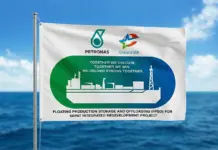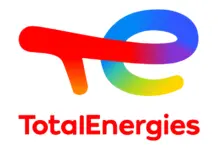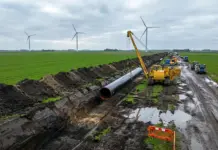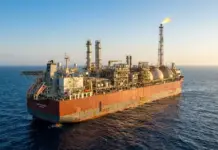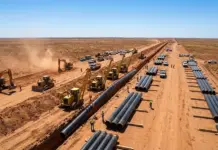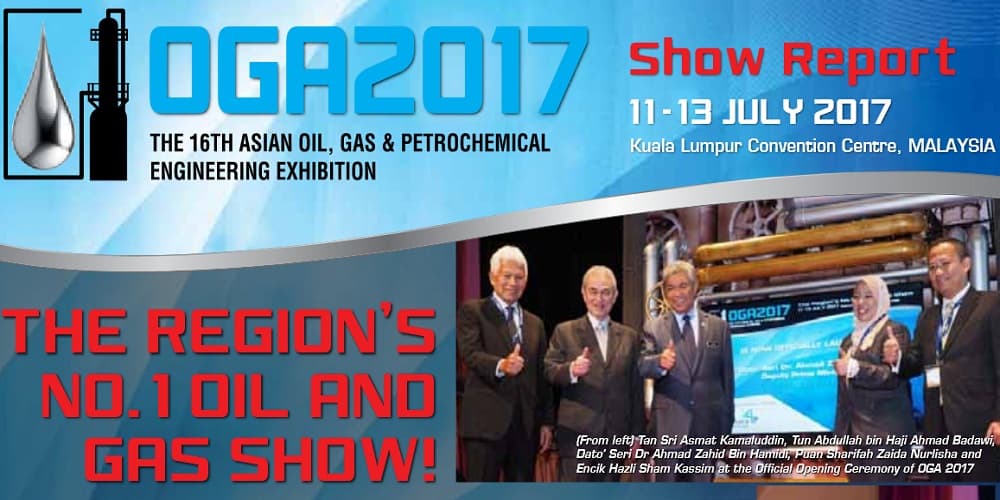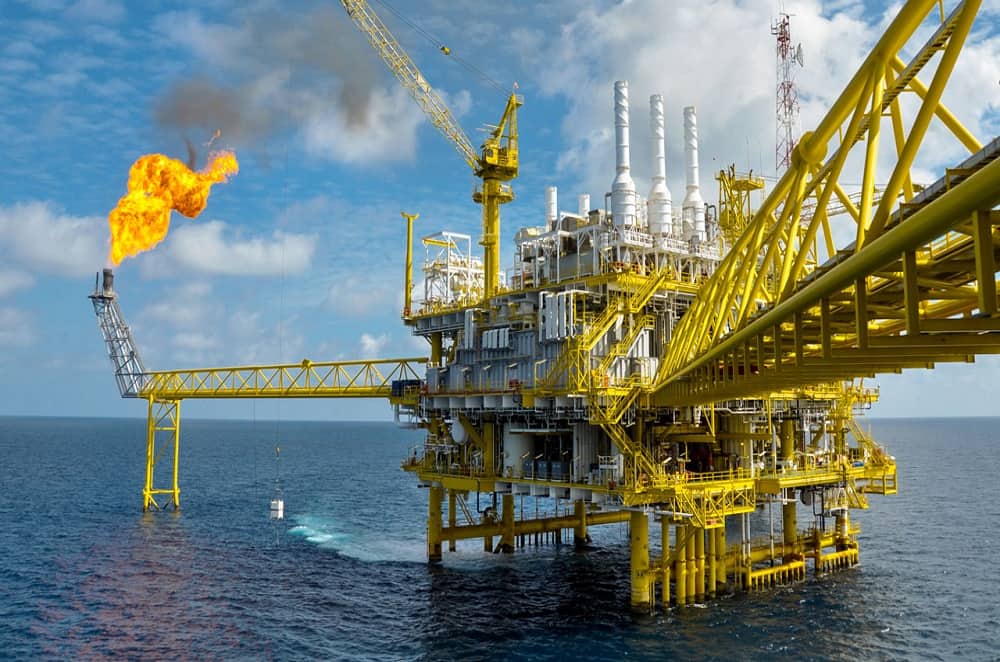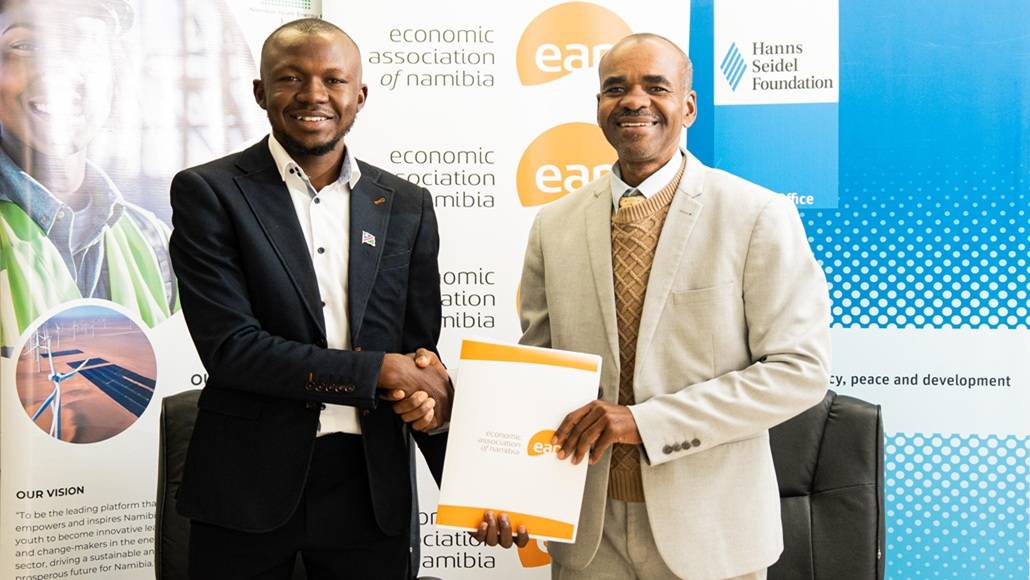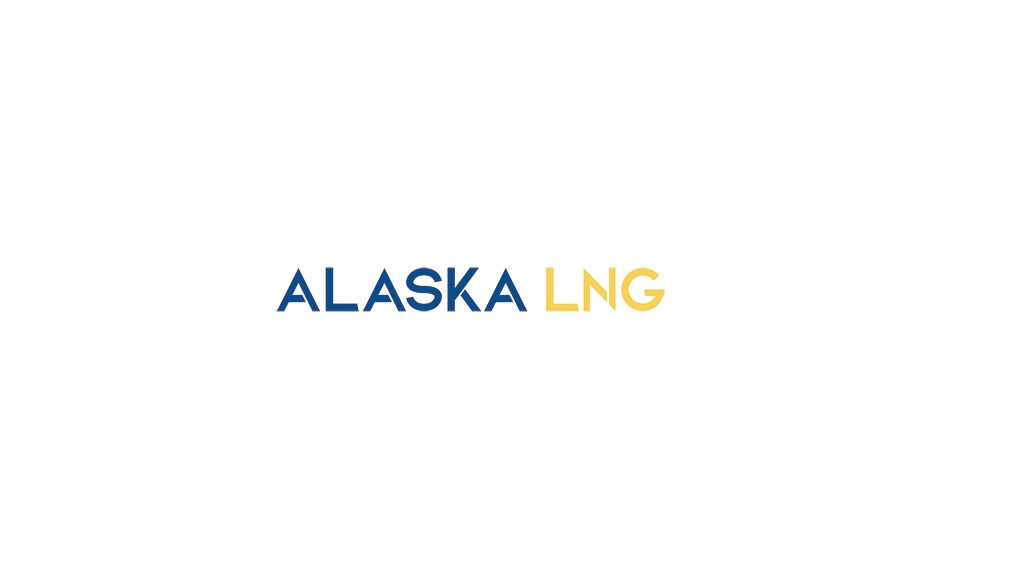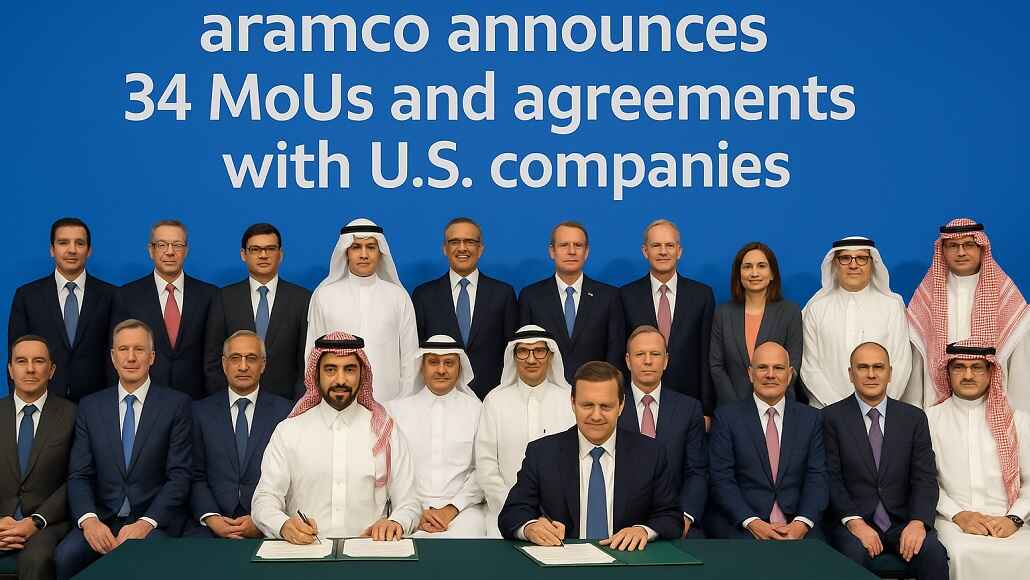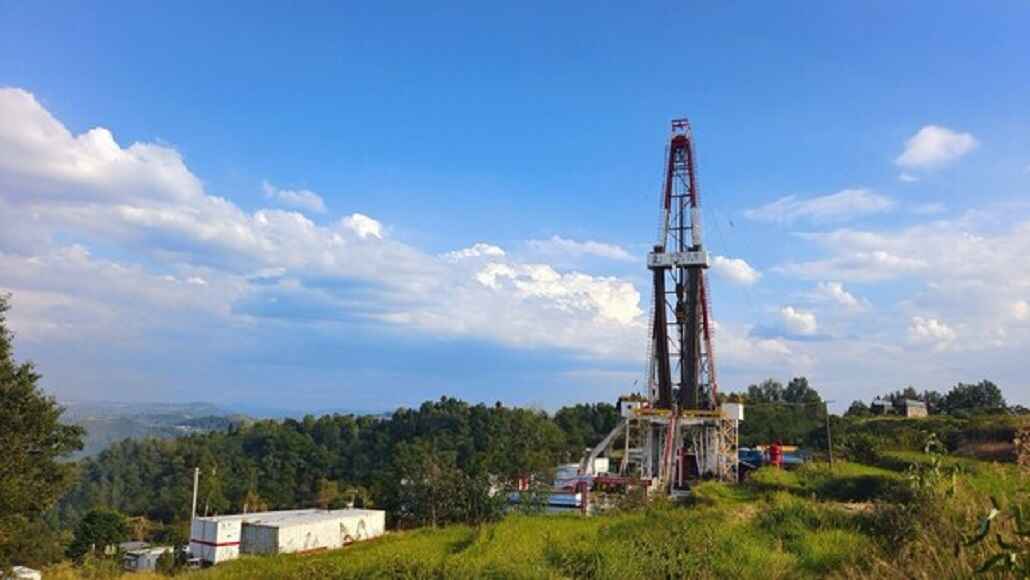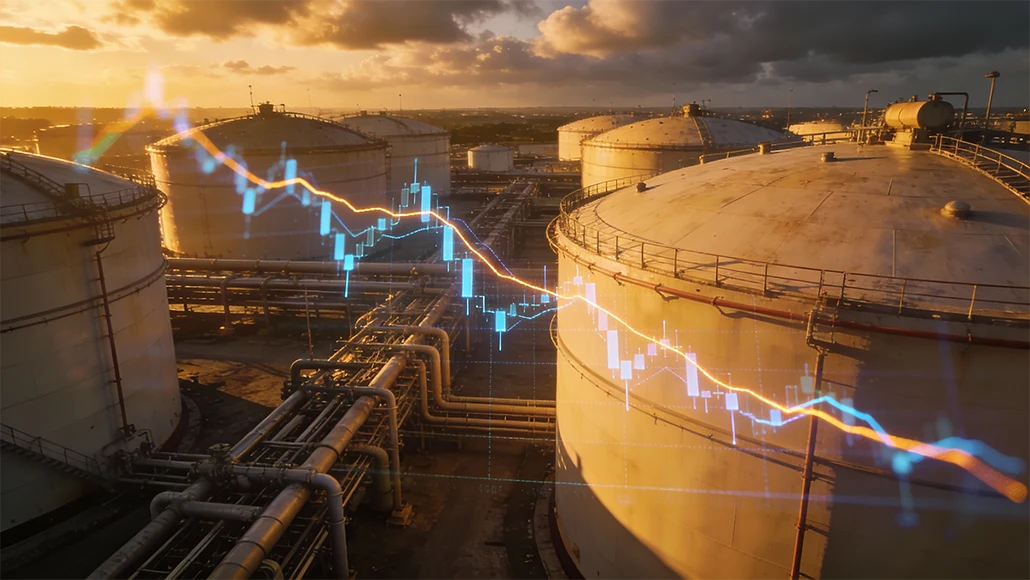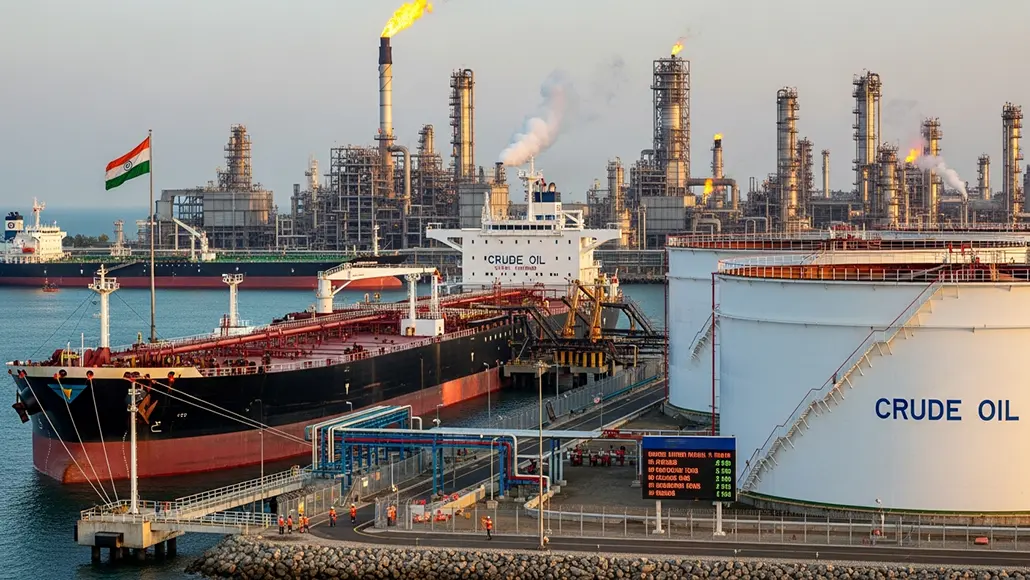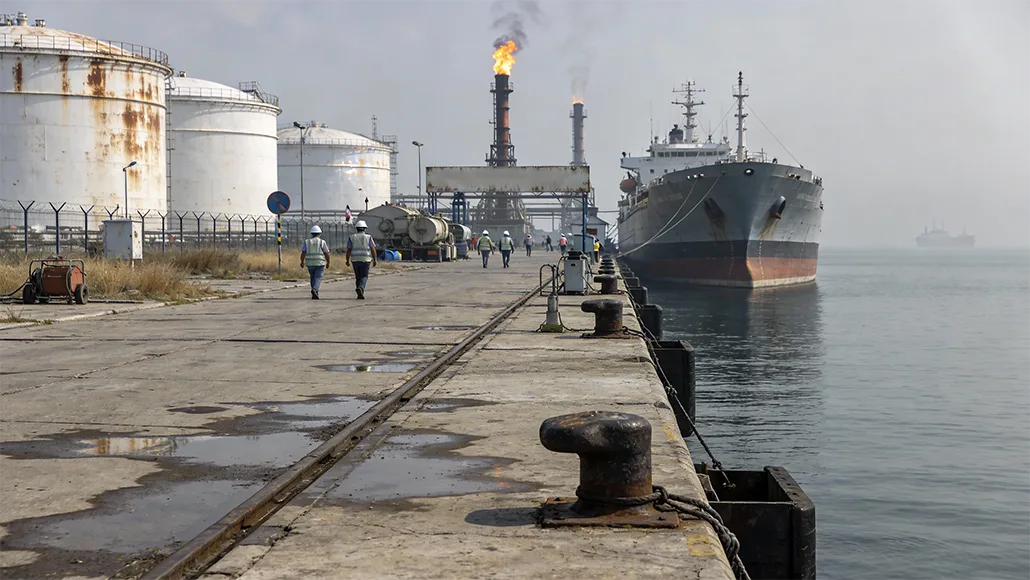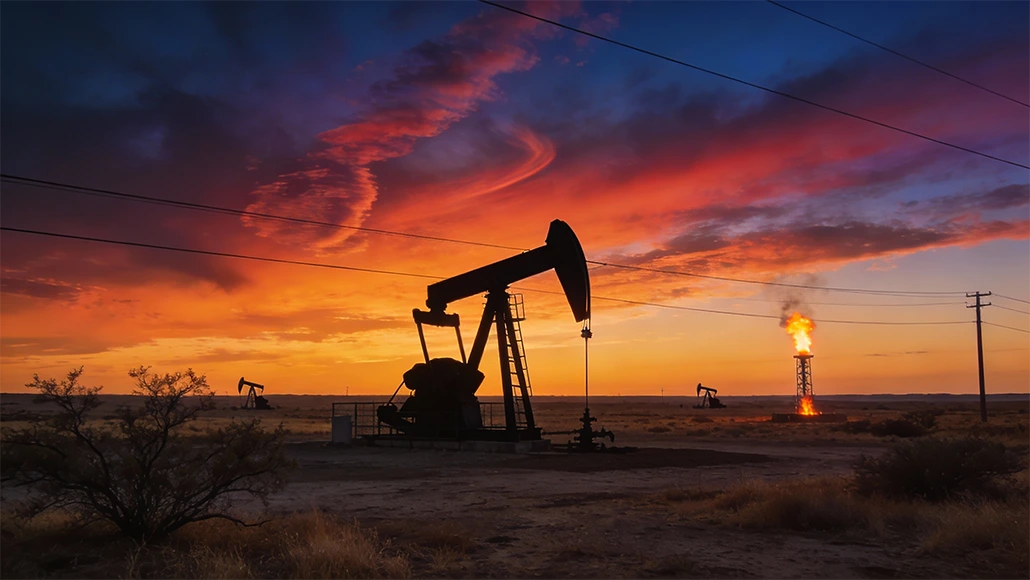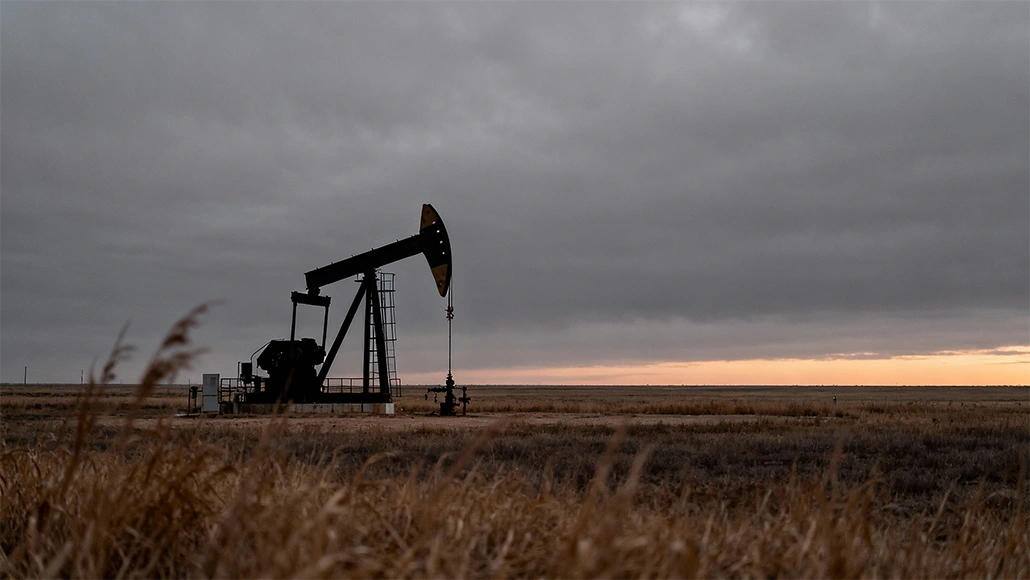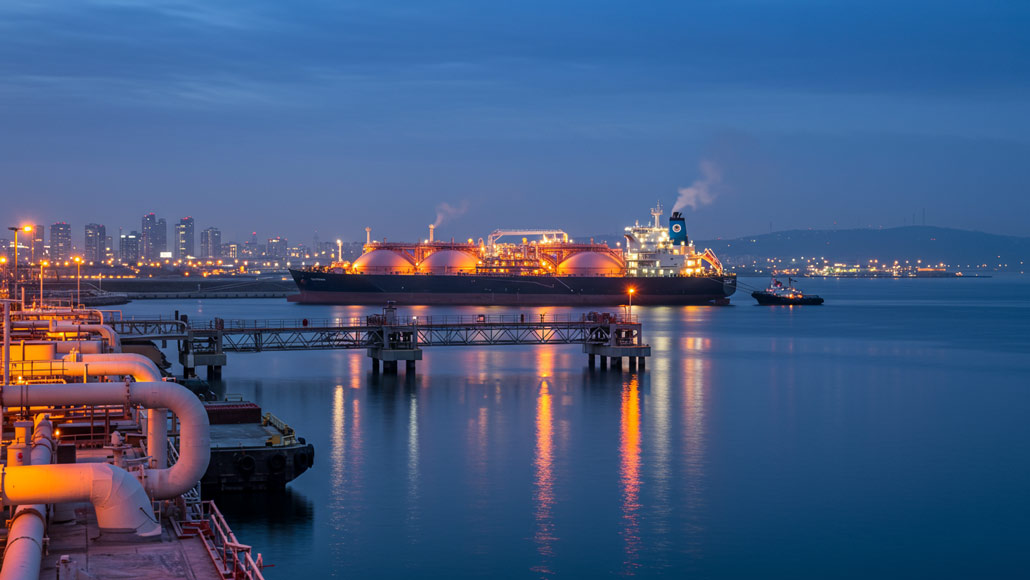Türkiye has gone on to sign a series of deals along with international energy companies in order to secure almost 15 billion cubic meters (bcm) of liquefied natural gas (LNG) in the next three years as a part of its strategy to guarantee winter supply security as well as diversify sources, said the Energy and Natural Resources Minister Bayraktar on September 10, 2025.
It is well to be noted that the purchase agreements were announced in a span of two days during the Gastech energy conference held in Milan, where BOTAŞ, Türkiye’s state energy company, signed contracts along with eight suppliers. As Türkiye signs 15bn cubic meters LNG contracts, there are also other cooperation accords that were signed with numerous countries as well as companies.
Apparently, the initial agreements with BP and Eni, as well as Shell, went on to cover 8.7 bcm, while the five additional deals, which were signed on September 10, expanded the portfolio to go ahead and include deliveries coming from companies that were based out of Britain, the U.S., Japan, Germany, and Norway.
Among the suppliers, Hartree, which happens to be U.K.-based, is going to deliver 600 million cubic meters in a span of two years. Cheniere, which happens to be a U.S. LNG producer, will supply 1.2 bcm in a year’s time, while SEFE from Germany agreed to offer 1.8 bcm across three years’ time, Bayraktar said.
In addition to this, JERA from Japan will deliver 600 million cubic meters as per a one-year contract, and Equinor from Norway will supply 1.5 bcm in three years.
It is worth noting that Türkiye imported almost 50 bcm of natural gas in 2024, including 14.3 bcm in LNG form. The newly inked agreements represent a major portion of domestic consumption and are anticipated to make the supply security more robust ahead of the winter season.
According to Bayraktar, the agreements reflect the strategy of Türkiye to create a flexible, multi-sourced, as well as secure, energy structure, therefore adding that the deals are going to enhance predictability across the medium-term gas portfolio of the country.
Bayraktar met with the CEO of Eni, Claudio Descalzi, and also Shell president of integrated gas Cederic Cremers. Along with Cremers, he discussed natural gas supply strategy, a possible cooperation when it comes to exploration as well as production in the Black Sea, and also a joint energy initiative across third countries.
Cooperation deals
In addition to the LNG contracts, BOTAŞ inked numerous cooperation deals.
Along with PetroChina, which is China’s state-owned company, the company agreed to partner on LNG trading and transportation management as well as explore joint ventures across certain new markets.
BOTAŞ also signed a new deal with Oman, from where Türkiye already imports LNG.
Apparently, the agreement happens to cover cooperation on expanding the LNG production capacity of Oman and the use of floating storage and regasification units (FSRUs), LNG carrier partnerships, and exploring some more LNG supply options, said Bayraktar.
Contracts for the Black Sea gas
On the other hand, Turkish Petroleum Corporation’s subsidiary TPAO, the state energy company’s offshore subsidiary TP-OTC, went ahead and inked an agreement along with Baker Hughes with regard to the works of the third phase of the development project based at the largest natural gas field in Türkiye in the Black Sea.
The deal happens to cover the supply of subsea production systems and also well completion equipment. The minister said that he also discussed a new collaboration with CEO Lorenzo Simonelli of Baker Hughes.
Apart from this, TP-OTC went on to award the Italian engineering group Saipem a $1.5 billion contract so as to continue the Sakarya Gas Field development.
The deal happens to cover the construction of a 183-kilometer subsea main production pipeline in order to transport the Sakarya gas to an onshore facility based on the mainland.
The Sakarya field, which was discovered between 2020 and 2022, is estimated to hold 710 billion cubic meters of gas and is anticipated to meet almost 30% of the annual consumption of the country once full production capacity is attained.
In May 2025, Türkiye went on to announce the discovery of another 75 bcm of gas in the Black Sea.
Interestingly, Saipem had already been involved in the first and second phases of development of Sakarya. The new contract is going to last up to three years, with the offshore work also taking place in 2027, said the company.
The fact is that the first phase has already seen the daily output hit the 9.5 million cubic meter mark, which is enough to supply almost 4 million households.
The second phase looks forward to doubling the production to 20 mcm every day, supported by floating production, storage, and offloading—the FPSO platform, which was acquired in 2023 and is all set to become operational in 2026.
Phase three looks forward to ramping up the daily production to 40 million cubic meters by 2028.
Bayraktar also held talks along with Khalifa Abdulsadek, the Oil and Gas Minister of Libya, so as to review the status of the present cooperation, stressing upon the hydrocarbon exploration as well as production.
The minister said they would indeed want to widen the cooperation with Libya by way of new projects as well as investments.
The minister earlier on September 9 had also met with Peter Szijjarto, the Minister of Foreign Affairs and Trade from Hungary.
Due to the agreements that have already been signed in recent years, Türkiye as well as Hungary look forward to carrying out joint projects in some of the major areas like hydrocarbon exploration and production, natural gas trade, and nuclear cooperation.
Bayraktar added that they reviewed the progress of these projects with Szijjarto and focused on elements that could further strengthen their energy collaboration.
Apart from this, Argent LNG, which is the U.S.-based energy firm, has gotten into a 5 million metric tons per annum (mtpa) gas supply deal along with EPIAŞ, the Turkish energy bourse, in a move that is aimed at moving the U.S. gas into Europe and also potentially Syria.
Argent LNG, which happens to be developing an LNG export facility based in Louisiana, signed a non-binding agreement to go ahead and supply Bangladesh with almost 5 million metric tons of the fuel annually in January 2025. This happens to be the first major U.S. LNG supply deal ever since U.S. President Donald Trump took the second term.
As per a press release, the company has already gone on to commit an initial 5 mtpa to supply Southeast as well as Central Europe under this very new partnership, thereby reinforcing both economic and energy security for its partners.
According to Argent LNG’s CEO, Jonathan Bass, this is indeed a big geopolitical move so as to get material into the market as a kind of backup supply to the EU countries.
He added that they are indeed forward positioning the American LNG into the Eastern European market so as to supply and also provide energy security and, at the same time, flatten the shortage curve.
He said the gas could very well be supplied via Türkiye to Syria, thereby bypassing a potentially complicated direct deal along with Damascus, wherein the U.S. sanctions are getting lifted post the ouster of Syrian dictator Bashar Assad; however, there are barriers to trade that still remain in place.
As Türkiye signs 15bn cubic meters LNG contracts, it also happens to have the ambition to become a regional energy trading hub and is trying its best so as to position itself as a conduit when it comes to supplies across southeastern Europe.
Ankara, in addition to this, is also extending its energy cooperation along with the US. In 2024, it went ahead and signed a 10-year LNG supply deal along with ExxonMobil and also a shale oil prospecting deal along with Continental Resources.
Türkiye, which happens to be quite a major gas market, goes on to complement its pipeline imports with that of LNG. Russia, apparently, happens to be the largest pipeline gas supplier, with LNG making up a third of the 50 bcm gas imports every year.
Interestingly, it is the U.S., which happens to be the largest LNG supplier.
Notably, Türkiye also happens to have an extensive LNG import infrastructure, as BOTAŞ operates across three terminals.
Apart from this, Ankara happens to be also positioning itself as a prominent player in post-Assad reconstruction and has already begun to supply 1.2 bcm of Azerbaijani gas to Syria from August 2025.




